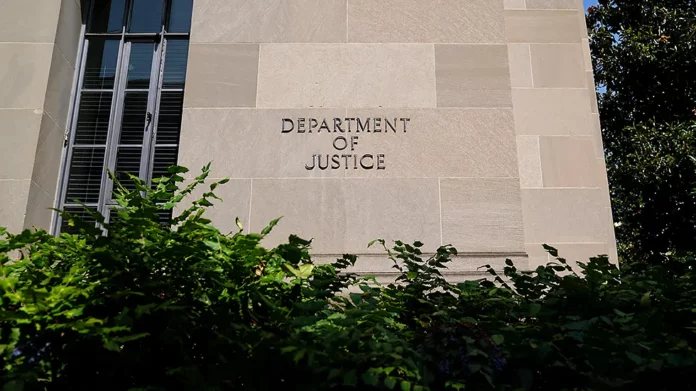The ongoing Nevada Military Bias lawsuit underscores significant concerns about the treatment of service members in Nevada. The U.S. Department of Justice (DOJ) is adamant that its suit against Nevada and its Public Employees’ Retirement System (NVPERS), which alleges overcharging for pension credits to service members, should proceed. This article delves into the intricacies of the case, which highlights potential violations of the Uniformed Services Employment and Reemployment Rights Act (USERRA).
DOJ Challenges Nevada’s Motion to Dismiss
In recent filings, the DOJ urged a Nevada federal court to dismiss the state’s request to throw out the lawsuit. The heart of the dispute involves Major Charles Lehman, who was allegedly overcharged nearly $40,000 for pension credits following his deployment with the National Guard. The federal government argues that this act by Nevada’s retirement system clearly violates USERRA, which safeguards military members from discriminatory pension practices.
The Core of the Conflict
According to the DOJ, other service members have suffered from Nevada’s policies, which seem to systematically undermine the financial benefits due to military personnel. Nevada’s stance is that USERRA does not cover the right to purchase future pension credits. However, the DOJ contends that these credits fall under the protection of USERRA as they constitute a “benefit” that accrues under an employer’s policy.
Nevada Military Bias Lawsuit : Legal Arguments and Implications
The Nevada Military Bias lawsuit raises crucial questions about how military leave impacts pension benefits. Nevada argued that Lehman and other service members did not vest their benefits during their deployments, a claim that the DOJ strongly refutes. The federal argument is clear: service members are entitled to the same pension benefits as if they had never left their civilian employment for military service.
Potential Outcomes and Impact on Service Members
As the Nevada Military Bias lawsuit moves forward, its outcome could set a significant precedent for how military service is valued in terms of pension rights. The DOJ’s stance is a robust defense of service members’ rights, advocating for fair treatment in the accrual and payment of pension benefits.
Nevada Military Bias Lawsuit : Conclusion
The resolution of the Nevada Military Bias lawsuit will be closely watched, as it has broad implications for the treatment of service members in pension matters across the United States. With strong arguments from the DOJ, the case underscores a commitment to ensuring that those who serve are not penalized financially for their service.
Representatives and Legal Teams
In this high-stakes legal battle, Nevada is represented by Marni Rubin Watkins and Iva K. Todorova, while the retirement system’s legal team includes David N. Levine, Samuel I. Levin, and Ian E. Carr. The DOJ’s team comprises David Reese, Jeffrey Morrison, Joseph J. Sperber IV, Jason M. Frierson, and Ednin D. Martinez.



